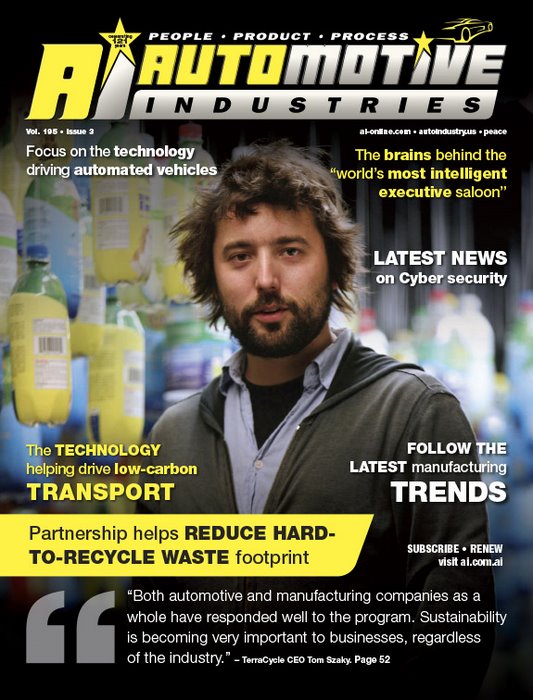
It is now possible to recycle anaerobic adhesive packaging following the signing of a partnership between Germany-headquartered Henkel and TerraCycle.
Henkel is a leading manufacturer of adhesives, sealants and functional coatings, including the Loctite® brand. Through its Anaerobic Adhesive Recycling Program, Henkel customers can purchase a postage-paid recycling box that they fill with empty anaerobic Loctite adhesive containers and send to TerraCycle for processing.
“We are breaking new ground with our Henkel partnership,” says TerraCycle CEO Tom Szaky. “This is the first time we have recycled this category and we hope it will be an eye opener to an industry that has previously not had an option to recycle adhesive containers.”
By the year 2030, Henkel company aims to triple efficiency by reducing each of its products’ environmental footprint at every stage of its life cycle. The Anaerobic Adhesive Recycling Program., aligns with that initiative, diverting used Loctite containers from local landfills and incinerators.
The US $20 billion Henkel group operates worldwide with leading brands and technologies in three business areas: Laundry & Home Care, Beauty Care and Adhesive Technologies. It is a leader both in the consumer and industrial businesses with well-known brands such as Persil, Schwarzkopf and Loctite.
TerraCycle was founded 15 years ago in 2001. The company is one of the world leaders in the collection and repurposing of hard-to-recycle post-consumer waste, ranging from used chip bags to coffee capsules and cigarette butts. The waste is collected through free, national, brand-funded recycling programs, as well as various consumer and government-funded models. The collected waste is reused, upcycled or recycled into a variety of affordable, sustainable consumer products and industrial applications. Each year, across 20 countries, TerraCycle collects and repurposes billions of pieces of waste, donating millions of dollars to schools and charities in the process.
TerraCycle’s Zero Waste Box division brings recycling solutions to almost all forms of waste. The company offers two types of boxes for the automotive industry. Waste disposed of in the Automotive Small Parts Box can include serpentine belts, short shifters, funnels, windshield wiper blades, replacement parts, gaskets, hoses, wheel covers, exhaust systems, brake pads, license plates, covers, and mats. It can also take any type of automotive racks including bike racks, ski racks, roof racks, kayak racks, bumper racks, and cargo carriers. The No Separation Box caters for items which do not need to be separated before recycling. TerraCycle does not accept lithium ion batteries or racks with items still attached, pressurized canisters, paint, pesticides or medical sharps.
TerraCycle also offers what it calls “closed-loop” solutions for various waste. “Our R&D teams works closely with our partners to develop closed-loop solutions for various waste materials. These solutions range from promotional applications, where we can manufacture premium products (from pencil cases to Frisbees) to large-scale deployments (from playgrounds to community gardens), to fundamental closed-loop operational applications. These closed-loop solutions can range from making secondary applications like displays or pallets from a waste material to be used by the same company to primary applications that involve turning the waste back into the same product that it began as,” says the company.
TerraCycle says that since its sources of waste are typically very consistent in composition and volume, the company is able to provide a consistent material from order to order with low lot-to-lot variability. With its in-house R&D department and laboratories TerraCycle has the capability to customize materials to meet almost any specific requirements of its production partners.
Automotive Industries (AI) asked Simon Mawson, Senior Vice President, General Adhesives, Henkel North America how the partnership came about.
Mawson: This program has been embraced by senior management at Henkel. The TerraCycle partnership was originally launched within Henkel by our Beauty & Laundry divisions. After receiving an introduction from a colleague in B&L, I scheduled a meeting with Tom Szaky, the CEO and founder of TerraCycle, to discuss how we could introduce zero waste recycling program to Loctite industrial partners and customers. We came up with a proposal based upon compelling sustainability proposition, which we pitched to my NA Leadership Team. The leadership team quickly embraced the idea and that was the genesis of the program. It’s also important to understand that TerraCycle had previously worked mostly with consumer-facing companies, so they were very interested in working with a business-to-business, industrial company like Henkel’s industrial adhesives division. Our NA customers have quickly embraced this program and conversations are already starting to happen across Henkel’s global teams as well, as we start to look towards the possibility of making this a global program.
AI: How much waste does Henkel hope to divert from landfills and incinerators with its tie-up with TerraCycle?
Mawson: Since this is the first program of its kind, we are going into it with an open mind. Our first objective is to let our customers know that they can now recycle their anaerobic adhesive packaging. Once they understand that the option is available, we expect the quantity of packaging material diverted to grow quickly.
AI: How did Henkel zero in on TerraCycle as a partner for recycling of your Loctite adhesive packaging?
Mawson: It was an easy choice for us to choose to partner with TerraCycle as they are an extremely innovative and driven company, with a start-up mentality, where no idea is too big. After all, they’re a company that’s set out to recycle the non-recyclable. We have yet to bring an idea to the table that TerraCycle couldn’t make happen for us.
AI: Do you plan to extend your partnership with TerraCycle to help meet Henkel’s environmental goals for 2030?
Mawson: We will continue to evolve this program to benefit an even larger percentage of our customers. Henkel and TerraCycle are working finding ways of recycling a wide range of different adhesive technologies – everything from cyanoacrylates to silicones, with the intent of offering Henkel customers the broadest range of recycling options possible.
AI asked Szaky how important the partnership with Henkel is.
Szaky: The partnership with Henkel is extremely important to TerraCycle because Henkel’s Loctite brand is the world’s largest industrial adhesive manufacturer. It’s impressive to see the industry leader wanting to undertake such an extensive recycling initiative. We see the program evolving globally and within other Henkel brands and business units.
AI: What makes recycling anaerobic adhesive packaging so difficult?
Szaky: Recycling adhesive packaging is challenging due to the residual adhesive. Through the partnership with Loctite we were able to learn more about the adhesives and how they cure so that we could develop a recycling solution. AI: How have automotive companies responded to TerraCycle’s Zero Waste Boxes?
Szaky: Both automotive and manufacturing companies as a whole have responded well to the program. Sustainability is becoming very important to businesses, regardless of the industry. It’s great that there is now a recycling solution for these companies where they didn’t have one before.
AI: Do any major automotive OEM have a tie up with TerraCycle?
Szaky: We haven’t had any major partnerships with automotive OEMs prior to the Henkel relationship, but we’re expecting this to change as we grow our partnership with Henkel and automotive OEMs become familiar with TerraCycle and how we can help their businesses be more environmentally responsible.











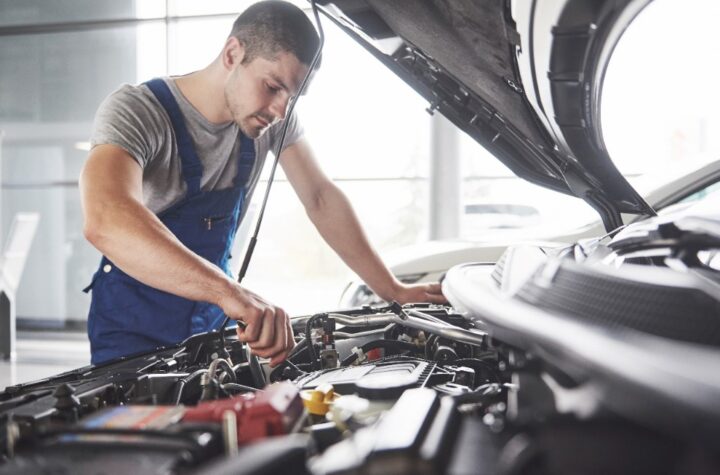
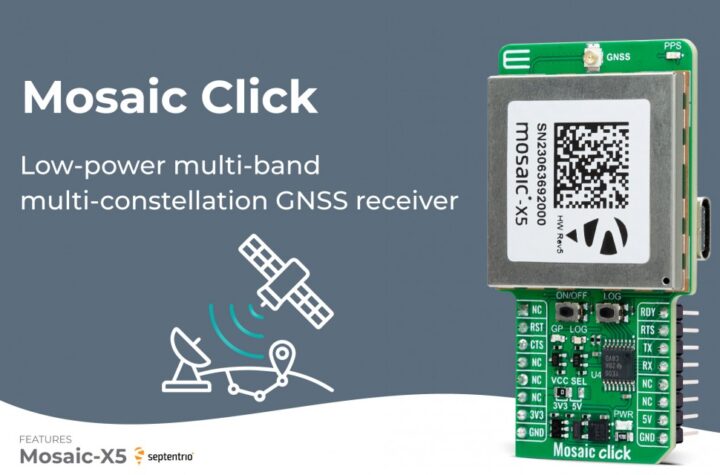
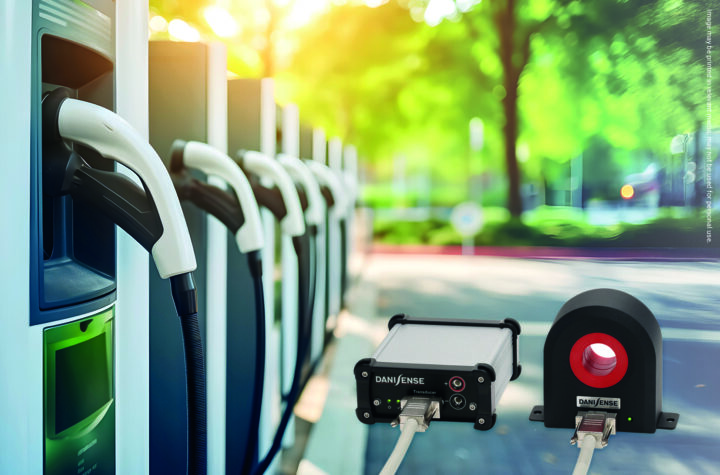
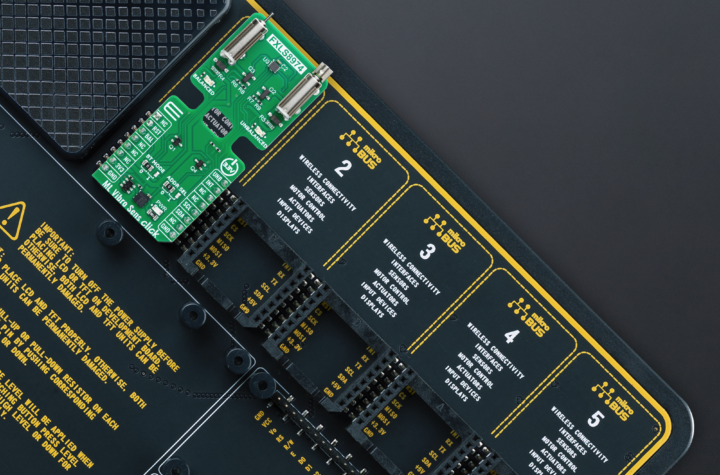
More Stories
Mosaic Click board from MIKROE delivers global coverage multi-band and multi-constellation tracking ability
Current transducer from Danisense selected for DC charging station testing device demonstrator at TU Graz
New Click board from MIKROE helps develop and train ML models for vibration analysis